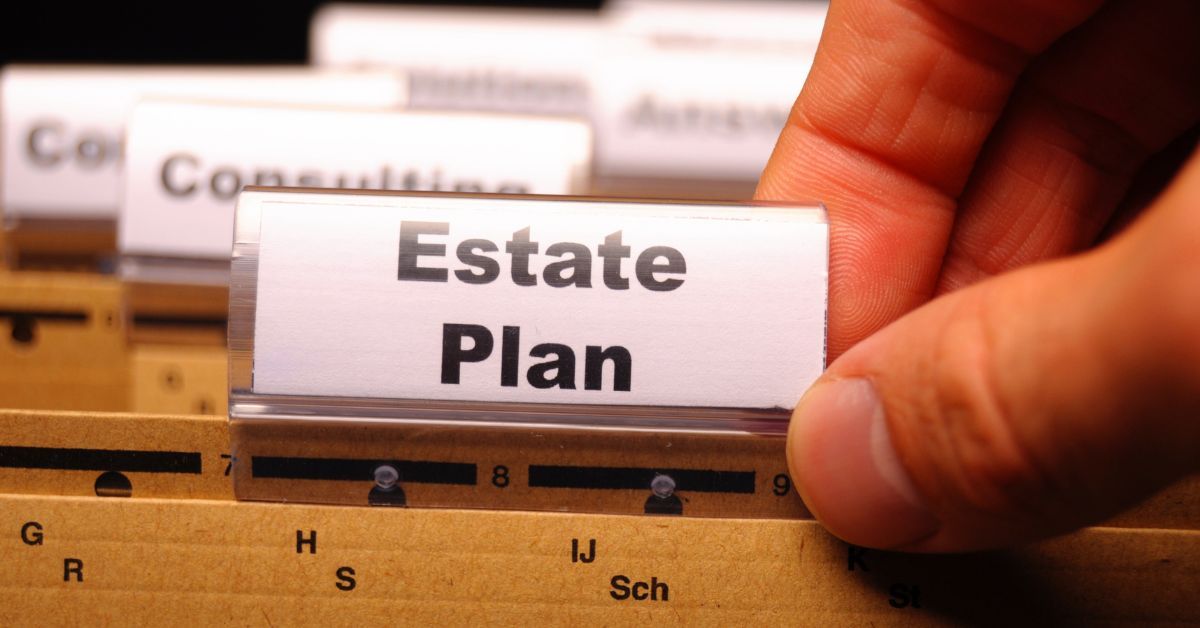Defamation of Business Reputation in Australia – How To Recover?
Defamation of Business Reputation in Australia – How To Recover?
Business reputation is the overall opinion of the public about a company. This can be based on many factors, including the quality of products or services, business practices, customer service, and more.
Defamation of a business is when someone makes a false statement about a company that damages the company's reputation. This can be done through writing, speech, or even gestures.
For defamation to occur, the statement must be false, must have been made to at least one other person, and must have caused harm to the company's reputation. If a company can prove that defamation has occurred, they may be able to recover damages from the person who made the false statements.
Claims for damages are now commonly bought under the guise of injurious falsehood rather than defamation since the statutory abolition of specific corporations being able to sue in defamation. Only companies with fewer than 10 employees for not-for-profit organisations may sue for defamation.
Can a business sue for injurious falsehood?
Businesses can sue for injurious falsehood if they can prove that they have suffered financial loss as a result of someone making a false or damaging statement about them. To win a case for injurious falsehood, businesses must be able to show that the statements were made maliciously and without any justification.
In addition, businesses must prove that the statements caused them financial harm. If a business can successfully prove these elements, they may be awarded damages. However, it should be noted that these cases can be very complex and costly to litigate. As such, businesses should always seek legal advice before taking any action.
5 Elements of an injurious falsehood claim
There are five elements that must be satisfied in order to make a successful injurious falsehood claim in Australia. Let’s keep things short and simple, so that you’re left with clear takeaways that you can easily remember.
The material must have been published. This can include spoken words, printed matter or material published online.
The material must be defamatory, meaning that it would tend to lower the plaintiff's reputation in the eyes of reasonable members of society.
The plaintiff must have been identified in the material.
The defamatory material must have been published to at least one other person.
The plaintiff must suffer damages as a result of the publication. If these elements are all present, then a claim for business defamation may be successful.
Companies that Cannot Sue for Injurious Falsehood
According to the Defamation Act in Australia, there are certain company types that are excluded from taking legal action to defamation. This includes companies that are not registered with the Australian Securities and Investments Commission (ASIC) and companies that are not listed on the Australian Stock Exchange (ASX).
These exclusions exist to protect investors from unscrupulous or fraudulent activity. In order to take legal action for defamation in Australia, a company must be able to prove that it has suffered financial loss as a result of the defamatory remarks. This can be difficult to do, especially for small businesses.
Time Frame to commence proceedings
Court proceedings for injurious falsehood must be commenced within 12 months of the date on which the cause of action against the injurious falsehood accrued. In most cases, this will be the date on which the defamatory material was first published. If proceedings are not commenced within this time frame, the court may refuse to hear the case.
If you think you have a potential injurious falsehood case, feel free to contact our
business lawyers for a free consultation.
FAQs
Is it illegal to slander someone's business?
Slander is a type of defamation that occurs when someone makes false or damaging statements about another person. In Australia, it is generally illegal to make defamatory statements about a person or business.
However, there are some exceptions to this rule. For example, statements that are true or opinions that are honestly held by an ordinary reasonable person are not considered to be defamatory. Additionally, some types of public comment may be exempted from defamation law, such as comments made in the course of parliamentary proceedings.
Can I sue someone for damaging my reputation?
Whether or not a defence applies will depend on the specific circumstances of each case. If you believe that you have been the victim of a defamatory matter, you should seek legal advice as soon as possible.
Can you have defamation against a company?
In Australia, defamation law protects individuals and groups from untrue or offensive statements that could damage their reputations. This includes statements made in written form (such as books or articles), as well as spoken statements (such as in interviews or speeches). However, the law does not protect companies from defamation. This is because companies are considered to have a 'legal personality', which means that they cannot be defamed in the same way as an individual.
Can a statement of opinion be defamatory?
The test for whether material is defamatory is whether it would tend to lower the person in the eyes of ordinary members of the community. In determining this, the court will consider a number of factors, including the nature of the material, the context in which it was published and the status of the person who was defamed. Opinions are generally not considered to be defamatory.
What are examples of slander?
Some common examples of slander include making false accusations about someone's character, spreading rumors about someone, or making damaging statements about someone's business.
Is defamation hard to prove?
In order to prove defamation, the plaintiff must show that the defendant made a false statement about them to a third party. The statement must have caused injury to the plaintiff's reputation, and the defendant must have acted with negligence or intent to harm. While this may sound like a high burden of proof, it is actually not as difficult as it seems. First, it is not necessary to show that the entire reputation was destroyed, only that it was damaged in some way. Second, the plaintiff does not need to prove that they actually suffered any damages, only that the potential for damages exists. As a result, defamation claims are actually quite common
What is defamation business law?
In Australia, defamation is defined as a civil wrong that occurs when someone suffers damage to their reputation as a result of false or misleading statements. To succeed in a defamation claim, the claimant must prove that the statements were made about them, were published to a third party, and that they suffered damages as a result. If the claimant is able to do this, they may be awarded damages for hurt feelings and loss of reputation. In addition, the court may order the publication of a correction or apology if it finds that the statements were defamatory. For businesses, defamation law protects against false or misleading statements that could damage their reputation or goodwill.
How do I complain about defamation?
If you believe you have been the victim of defamation in Australia, there are a few steps you can take. First, try to resolve the issue directly with the person or organization who made the defamatory statement. If that is not possible or successful, you can lodge a complaint with your state or territory fair trading agency. You can also take legal action by filing a defamation claim in court. However, before doing so, it is recommended that you seek legal advice to ensure that you have a strong case and understand the potential risks involved. By taking action against defamation, you can help to protect your reputation and uphold your rights.
What is neutral reporting?
In journalism, the term "neutral reporting" refers to a commitment to accuracy and fairness in storytelling. Neutral reporters strive to present both sides of a story in an unbiased way, without favoritism or distortion. This can be a difficult task, as reporters often have their own opinions and biases. However, neutrality is essential to journalistic integrity, and it is one of the core principles of journalistic ethics. When done correctly, neutral reporting provides readers with essential information that they can use to make informed decisions. As such, it is an essential part of democracy and an important cornerstone of the free press.





